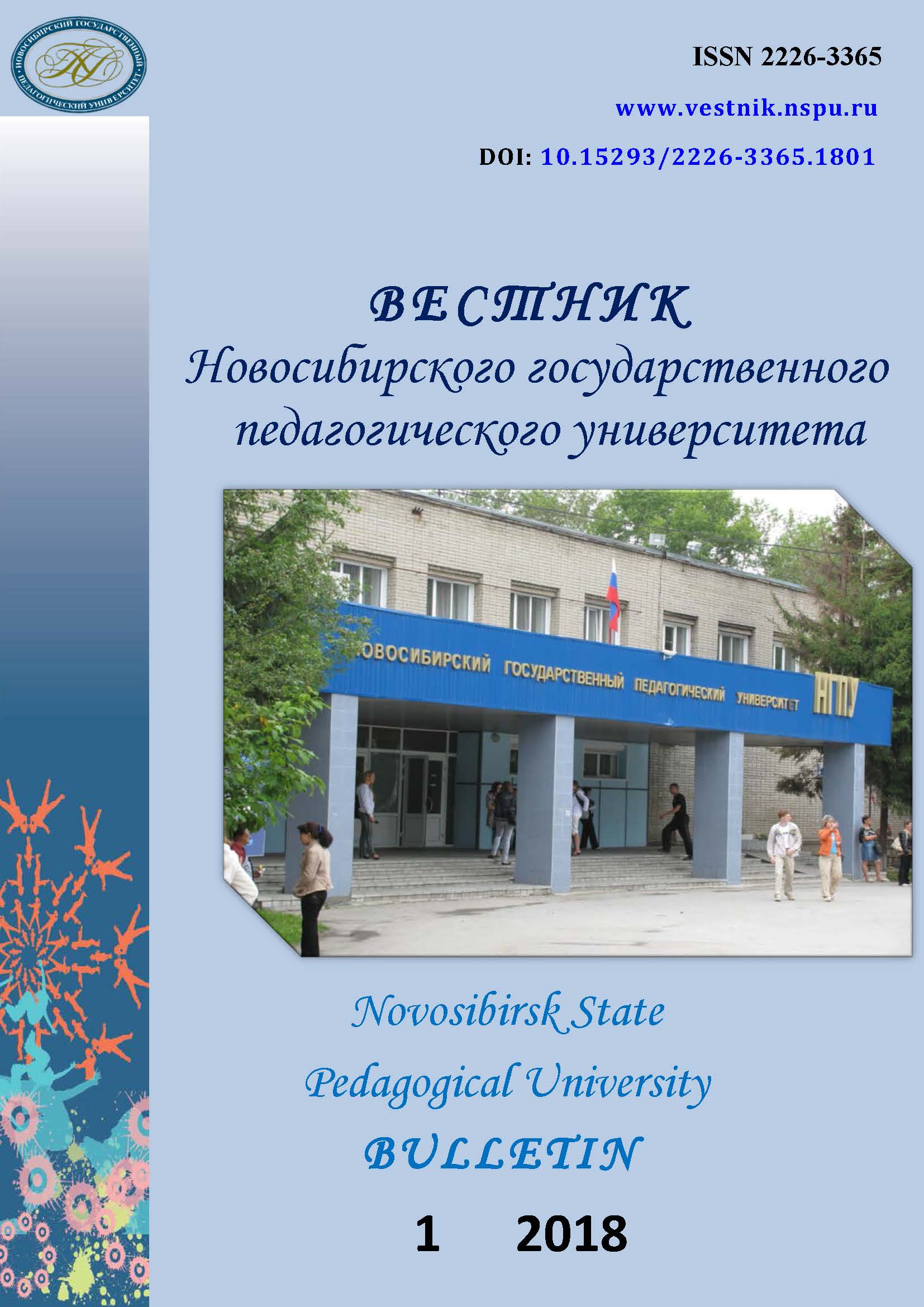Феноменология электронных образовательных технологий
Phenomenology of digital educational technologies
Author(s): Svetlana Vladimirovna VolkovaSubject(s): School education, Vocational Education, Higher Education , Sociology of Education
Published by: Новосибирский государственный педагогический университет
Keywords: Phenomenological approach to consciousness; Intentionality; Inner time consciousness; Embodiment; Divided subject; Gesture; Education; PowerPoint presentation;
Summary/Abstract: Introduction. The ontological and epistemological aspects of digital technologies are significant but currently poorly investigated areas in educational philosophy. The purpose of the article is to clarify the concept of conscience with reference to the specificity of e-learning digital technologies and its challenges for education and to conduct analysis of the requirements imposed on conscience experience of stakeholders in education by digital technologies. Materials and Methods. Based on the phenomenological philosophy, the article argues that modern digital technologies, such as power-point presentation, computer simulation, virtual communication, raise issues about conscience, body and time. The necessity for estimation of the phenomenological reflection and description is in facilitating the identification of such relevant research concepts as “conscience and time”, “conscience and comprehension”, and “conscience and body”. Results. The author argues that power-point technology is based on a phenomenological approach to understanding the concepts of conscience and time, and considers time as inherent form of structuring human conscience. The author shows that digital technologies provoke students to understand what they see in the clip-like manner. As a consequence, the possibilities of hermeneutic perception and communicative competences of students are suppressed. The disembodied character of stakeholders (students and teachers) in the context of virtual communication may constrain to see personal identity of human being and preclude the development of pedagogical tact. The study suggests that teachers can help their students when they take into account not only verbal, written languages and presentations but also gestures and body orientations, and relationships between these different modalities. Conclusions. In accordance with the purpose of the article, the author concludes that phenomenological concept of conscience is appropriate to the specificities of e-learning educational technologies and simultaneously points out that gaining intentional-reflective, synthetic and lived conscious experience should be the main requirement for students. Without this understanding students and teachers’ being transforms into mere functions of machinery – devices for recognition and translation of information, while the experience of the “ divided subject” turns out to be the most frequent anthropological correlate of digital educational technologies.
Journal: Вестник Новосибирского государственного педагогического университета
- Issue Year: 8/2018
- Issue No: 1
- Page Range: 93-106
- Page Count: 14
- Language: Russian

